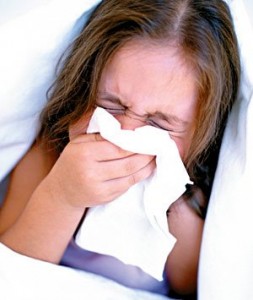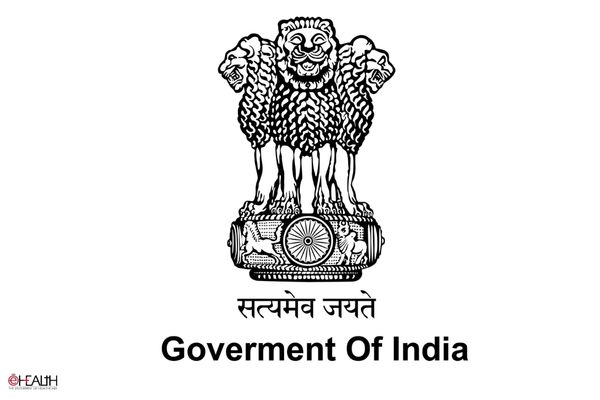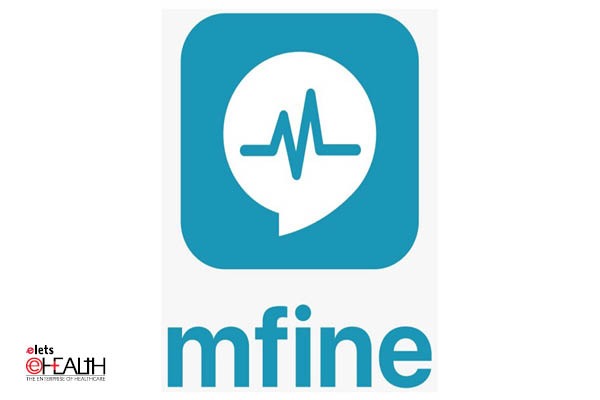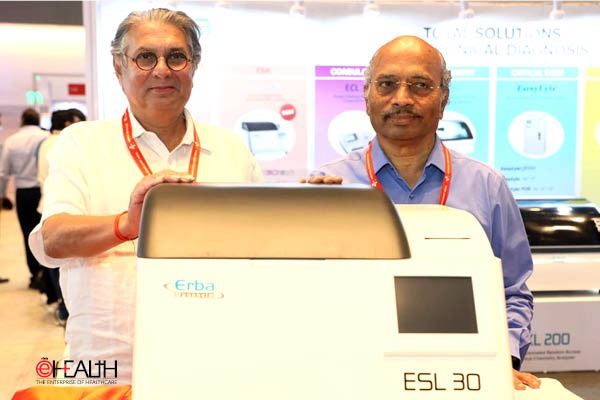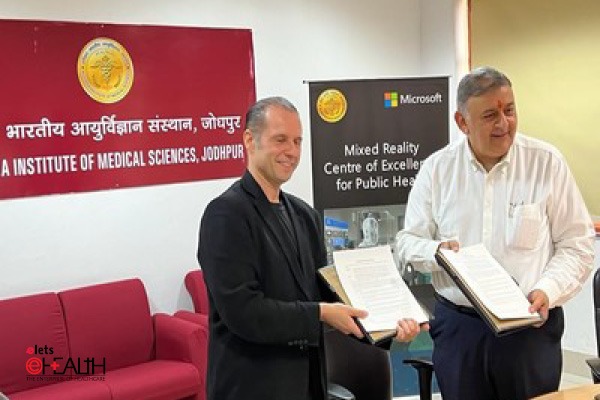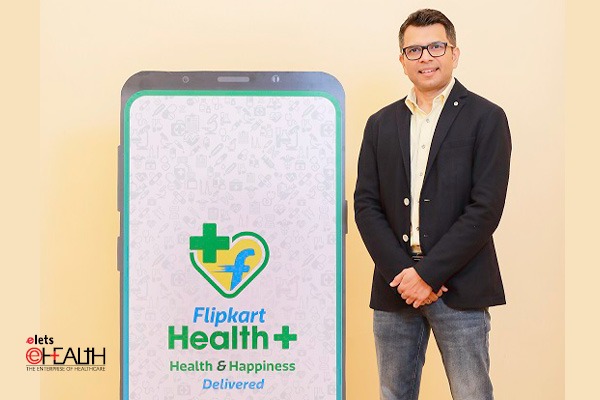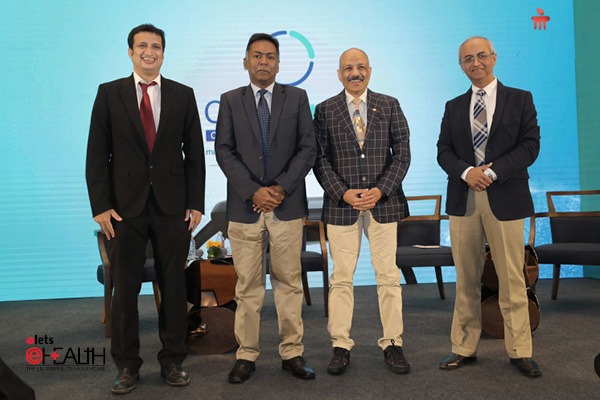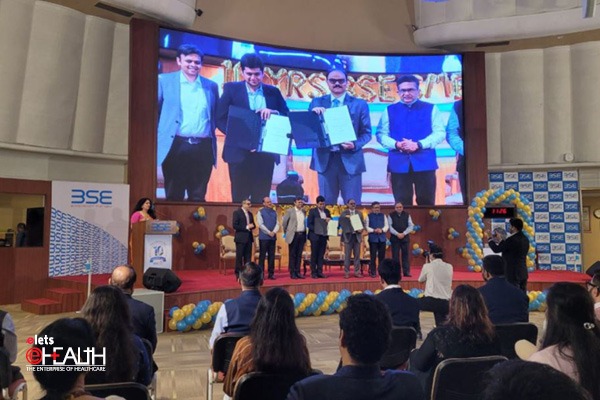
Spanned four days, the conference offered an enlightening range of educational sessions for physicians and allied health care professionals
Hyderabad: The WAO International Scientific Conference (WISC 2012), organized by the World Allergy Organization (WAO) concluded on 9th December with a Patient Forum held at Apollo Hospital that stressed the need for high-quality allergen extracts and allergen-specific IgE tests for Indian foods, and celiac reagents/tests.

The conference for the first time was held in India under the patronage of the Ministry of Health and Family Welfare, Government of India.
It also called for additional training of pediatricians, allergists and other clinicians to help combat the impact of this growing health problem. The experts emphasized the need for additional data and labeling policies which are considered essential to enable consumers and exporters of Indian food and packaged products to take informed decisions.
The conference was attended by more than 1,000 representatives of universities and scientific organizations from across the country and the globe.

Spanned four days, the conference offered an enlightening range of educational sessions for physicians and allied health care professionals. Global medical experts who participated in the WISC shared their ideas and new information on the emerging science of allergy and treatment for serious diseases such as asthma, allergic rhinitis and allergic skin diseases.
The World Allergy Organization also featured the WAO White Book on Allergies “ an advocacy document that offers high-level recommendations toward creating a more integrated and holistic approach for diagnosis and management of allergic diseases which are fast assuming alarming proportions and pose a major threat to public health.
The WISC also concluded with an agreement of WAO to work in collaboration with Ministry of Health and other medical associations, with the aim of establishing implementation groups in India to improve medical practices for the betterment of quality of life for patients affected with allergies.
Allergic diseases and asthma, like other non-communicable diseases, are escalating to epidemic proportions worldwide and up to 30-40% of the worlds population are now affected by some form of allergy. The World Health Organization (WHO) estimates 300 million individuals have asthma worldwide, a figure that could increase to 400 million by 2025 if trends continue.
The complexity and severity of allergic disorders, including asthma, continue to increase especially in children and young adults. This is paralleled with a rising prence of life threatening allergies like food allergies, drug allergies and anaphylaxis and more complex forms of allergic disease.
As the prence of allergic disease and asthma rises in countries around the world especially among children regardless of their economic status, so do the socio-economic costs both direct such as interference with breathing during day or night, emergency department visits, and hospitalizations, and indirect such as reduced quality of life, reduced work productivity and absenteeism, said Professor Ruby Pawankar, WISC Conference President and President of the World Allergy Organization. This is an issue that calls for all countries, irrespective of their economic status, join forces in addressing a major global challenge that threatens health of the people at large and national economies alike, she added.
Be a part of Elets Collaborative Initiatives. Join Us for Upcoming Events and explore business opportunities. Like us on Facebook , connect with us on LinkedIn and follow us on Twitter , Instagram.


